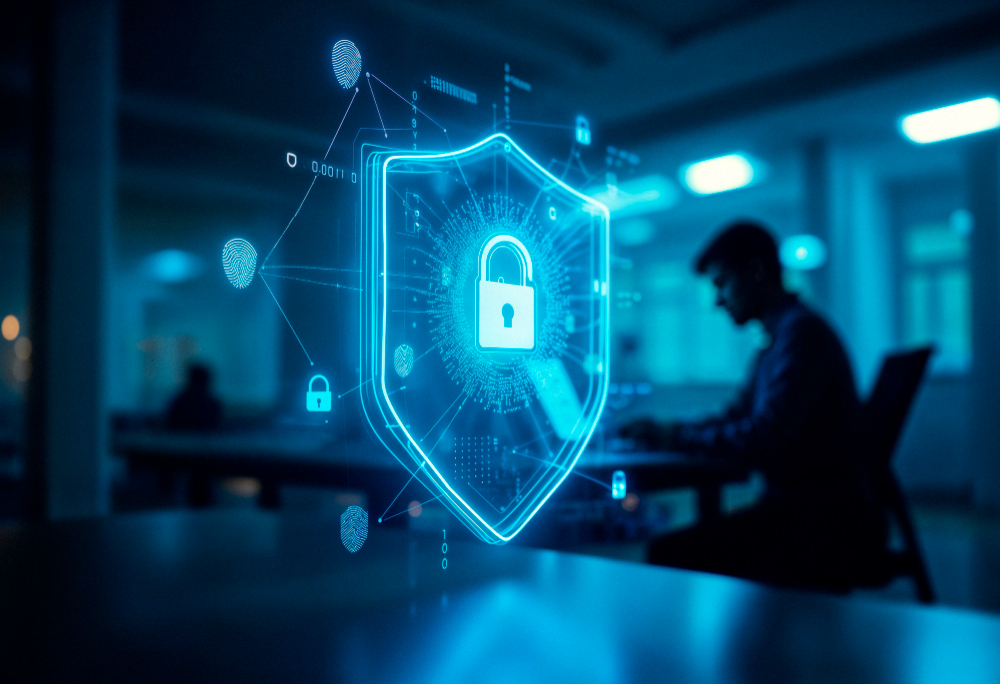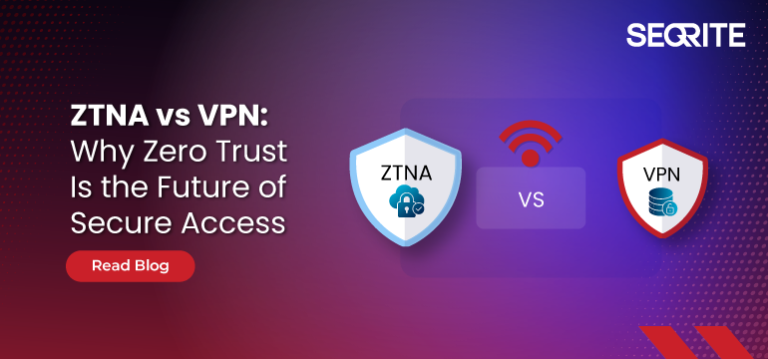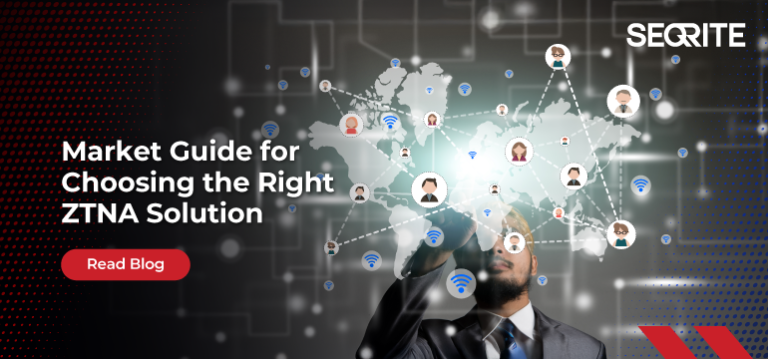Why Endpoint Protection Software Is Vital for Hybrid Work Models

Strong 8k brings an ultra-HD IPTV experience to your living room and your pocket.
The rise of hybrid work has altered data security, making it critical for businesses to secure additional devices and entry points. Now that people are working from multiple locations, it is more crucial than ever to protect each device from internet threats.
Growing Attack Surface
The potential danger of cyberattacks increases significantly when employees access corporate networks via their own devices, unreliable Wi-Fi, and cloud apps. These vulnerabilities are used by hackers to distribute malicious software, steal critical information, and deceive people through phishing. Endpoint detection and response (EDR) systems are essential for businesses to monitor device activity and prevent attacks before they escalate into serious incidents.
The endpoint protection software refers to a collection of cybersecurity technologies designed to detect, prevent, and respond to threats to endpoint devices. These tools frequently utilize firewall rules, antivirus software, anti-malware software, intrusion detection checks, and network analysis. New hires may also incorporate AI-led risk assessments and live monitoring.
Why Protecting Endpoints Is Essential for Hybrid Work
1. Wider Attack Surface
The significant increase in attack-prone areas is one of the main risks associated with hybrid work. Hackers have additional opportunities to target vulnerabilities when employees use multiple devices and networks to access company systems. Without protection, a device can easily become a gateway for malicious software, ransom demands, or data theft.
Programs for endpoint protection ensure that every device, wherever it may be, is monitored and secure, thereby reducing the possibility that a single malfunctioning device could harm the entire group.
2. Compliance and Data Security
Many professions are subject to strict data security regulations, such as the CCPA, GDPR, and HIPAA. Adhering to these guidelines becomes more challenging when employees adopt hybrid work styles, particularly when they store or transmit sensitive information outside secure locations.
Every device with a robust security configuration ensures that data is encrypted, transferred securely, and complies with relevant regulations. It also provides the necessary logs and reports to ensure compliance with these rules.
3. Fast Threat Identifying and Taking Action
Cyber threats are rapidly evolving. Basic defense is insufficient to combat phishing, hidden malware, and emerging vulnerabilities. Organizations need to be able to identify unusual activities quickly.
Modern endpoint security applications include behavior checks and machine learning to identify odd behavior. The system can shut down the compromised endpoint, notify administrators, and initiate a fix, often immediately, when a risk is detected. This proactive approach significantly reduces the damage that a breach can cause.
4. A Single Location for Every Distributed Team
It's challenging to manage security for geographically dispersed teams. IT teams struggle to maintain uniform policies, release updates, and monitor threats when there isn't a single central point.
A robust endpoint protection software provides a central dashboard, rule control, and remote device control, enabling IT to monitor and control operations even when employees are spread across multiple locations.
5. Easily Growing and Saving Money
Investing in comprehensive endpoint security is also a wise financial move. Data leaks can incur significant business expenses, including repairs, penalties, and reputational damage. Effective endpoint security programs reduce the likelihood and severity of these issues.
Furthermore, many endpoint security solutions can scale with you. You may add and manage additional devices as your team grows with little additional effort.
Choosing the Best Endpoint Protection Platform
Not all endpoint security measures are created similarly. When examining software, organizations should check for:
- Cloud-based management for effortless expansion
- Strong threat detection using AI and machine learning capabilities
- Support for numerous platforms (mobile, macOS, and Windows)
- Using security tools and the present IT setup efficiently
Features of good reporting and rule compliance
Businesses can maintain a secure mixed workspace without sacrificing productivity or ease of use by selecting the appropriate endpoint protection platform.
Conclusion
Hybrid work is here to stay. Although it offers numerous benefits for both employers and employees, it also raises significant security concerns. Software endpoint protection is now a necessity for any organization's security strategy in this rapidly evolving tech landscape.
Endpoint protection systems enable businesses to safely adopt hybrid work practices by providing a centralized management platform, ensuring the security of every device, and facilitating rapid threat detection. Investing in effective endpoint protection software today will protect your data, reputation, and drive growth.
Note: IndiBlogHub features both user-submitted and editorial content. We do not verify third-party contributions. Read our Disclaimer and Privacy Policyfor details.







